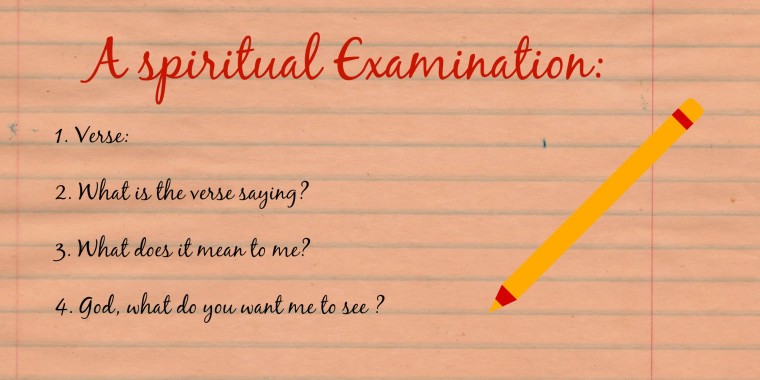
Christ Is the Answer
I am attracted to people with joy, the kind of joy that bubbles up in spite of their circumstances. The presence of joy is a noticeable part of them. Their joy makes them appear lively and bright. Very few people have inner joy like this, which makes it somewhat remarkable when it’s present.
I saw joy of this type once when I was in a room full of men in a ministry called The Well. My daughter and I were there to hear a choir sing. One of the choir members had invited us. When Louie Ricci walked in the room, love entered with him. His love for the men and their love for him was something you could feel. His joy beamed forth.
Years before that incident, Louie Ricci officiated at a funeral where the family members were at odds. It was a suicide and they were distraught. Clear up until the service started two of the adult daughters of the deceased were arguing about something in the casket’s contents up in front. I couldn’t believe it (you can’t make this stuff up).
Pastor Ricci chose to read 1 Corinthians 13, the Love Chapter, for the service. Then he talked about what love is and what it is not. It was the perfect chapter for this situation. His love and joy flowed forth, embracing that family. After the service was over, the family was calmer and pleased with what the minister had said about love.
Louie Ricci used to write articles for the religious page of the newspaper. He ended every column and every sermon, wherever he was asked to participate, with the same four words: “Christ is the answer.”
Joy comes from within. You can’t manufacture joy. No matter how hard you try, you can’t make joy happen. Joy is something that just is. In my own life, it was during the hard times that I asked God to give me joy. I began to notice sparkles of joy in my spirit six months later. The presence of joy entered my being as God lifted my burdens and healed my hurts. God gave me joy, and it was lovely.
An old song has a song lyric that repeats itself, which says, “The joy of the Lord is my strength.” I like that. Another one, “Jesus is the joy of living.” Joy is from the Lord. Joy is a result of God’s living water in your soul. Joy cannot be abolished when it is present. Even some martyrs have joy till the end. A group of young monks in Africa sang with joy while being burned alive. While suffering in their dying they sang praises to the Lord.
How can we have that kind of joy? It defies logic. I’m not sure I have the right answer. Keep your eyes on Jesus, for starters. Look to the Lord instead of letting yourself be bogged down by circumstances. Let hope thrive alive in your being. Meditate on the Word. Lean on the Lord. Praise God in all things.
When I lived in Westwood, I had a good friend. Her children and my children often played together. We’d get together for the kids birthdays. She once showed me a photo of some relatives of hers that were in their eighties. The couple radiated joy and liveliness. My friend commented on it and about their positive outlook on life. Their joy was visible in a simple photo.
I want to be that way. I want the joy of the Lord to be my strength. I want living water, so I thirst no more. I want Jesus to be my joy of living, which makes me think of another song, one I sang in a church choir. Its lyrics are from a passage in Scripture that speaks of joy:
For you will go out with joy And be led forth with peace; The mountains and the hills will break forth into shouts of joy before you, And all the trees of the field will clap their hands.”
Isaiah 55:12
And all the trees of the field
Will clap their hands
The trees of the field
Will clap their hands
The trees of the field
Will clap their hands
While you go out with joy.
by Bill and Gloria Gaither
Go out with Joy!
…
In Conclusion, I’m including a paragraph from the article with Louie Ricci’s obituary.
Lou had compassion for hurting people and over the years visited and prayed with hundreds of people in hospitals. For the last ten years he visited nursing homes several times a week and, in so doing, touched the lives of thousands of patients and their families. Lou always said that the worst disease is loneliness and many patients had few, if any visitors. Over the years he performed well over a thousand funerals thereby providing compassion to many hurting people.
E-R newspaper
Louie Ricci’s life counted. You may read about his life and ministries in the link below. It will encourage you.

